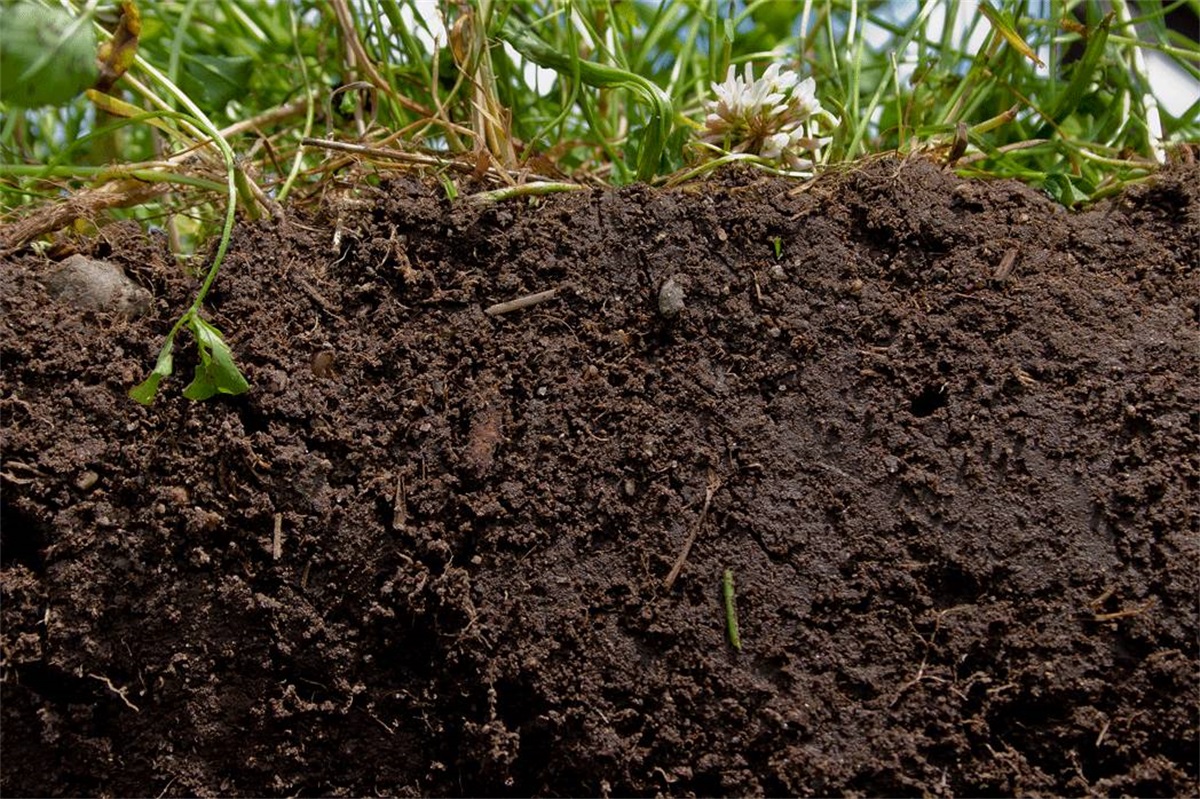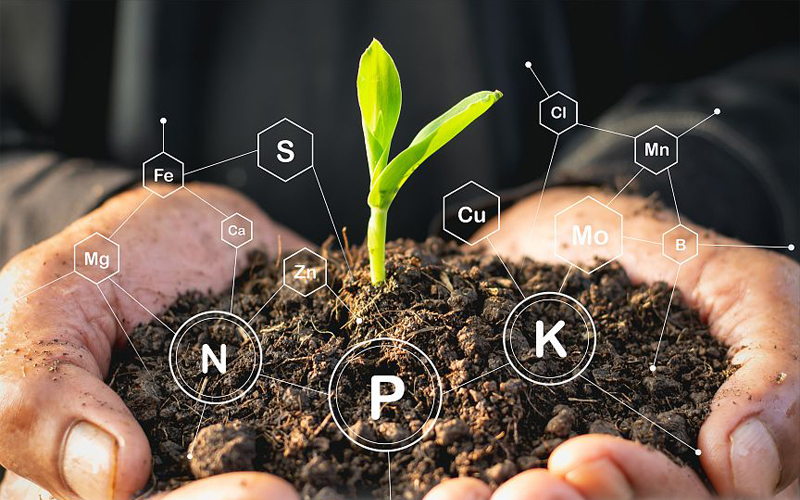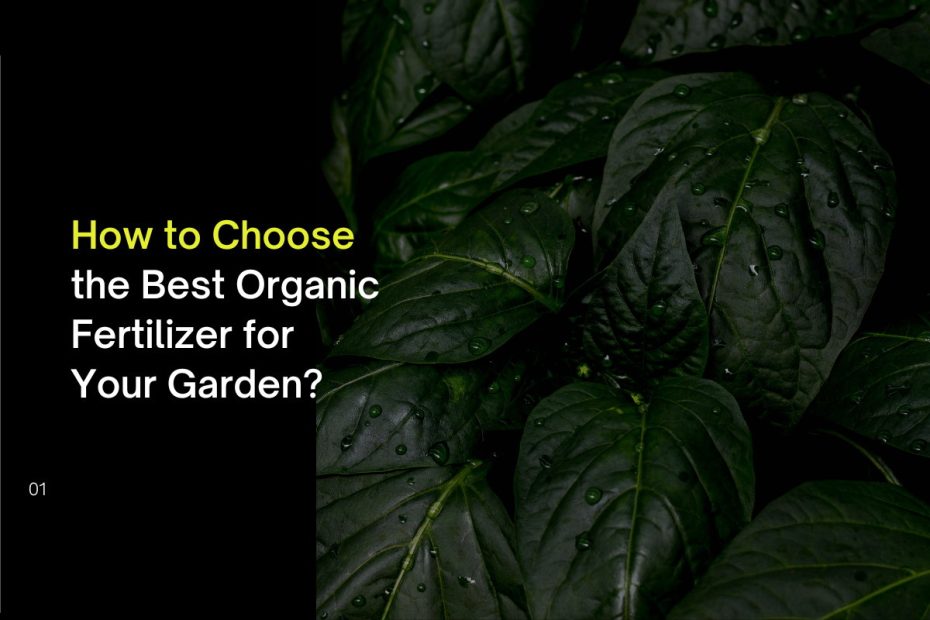Introduce
Do you want to take your gardening to the next level? Are you tired of using synthetic fertilizers that harm the environment and your plants in the long run? In gardening, choosing the best organic fertilizer is crucial to fostering sustainable and healthy plant growth while nurturing the soil. Organic gardening is popular for its environmentally friendly approach and desire for products that are free of chemicals. However, there are so many different types of organic fertilizers that it can be overwhelming to decide which one is best for your garden’s needs. In this article, we’ll look at the key factors to consider when choosing the best organic fertilizer for your garden or farm.
What is Natural Organic Fertilizer?
Organic fertilizers are derived from natural sources such as plant and animal materials, such as compost, manure, bone meal, fish emulsion, seaweed extract, blood meal, and worm castings, each providing unique plant benefits. They are packed with essential nutrients that promote healthy plant growth without the use of harmful chemicals. Unlike synthetic fertilizers, organic fertilizers improve soil structure, increase microbial activity, and enhance plant uptake of nutrients. By choosing organic products, you are not only helping your plants but also the environment.
But the words “natural” or “eco-friendly” on fertilizer labels are not regulated, so they don’t really mean anything. If you don’t know much about ingredients, the easiest way may be to get a product that is certified organic or OMRI certified.
How to Choose the Best Organic Fertilizer?
Factors influencing the choice of organic fertilizers:
Soil requirements
First, considering the soil’s composition, pH, and deficient nutrients is crucial to choosing the right organic fertilizer to meet specific soil requirements. Some organic fertilizers are tailored for specific crops or soil types. Some fertilizers are suitable for acidic soils, while others work best in alkaline or neutral soils. Conduct a soil test to determine the soil’s pH and nutrient content before deciding.

Plant nutrient requirements
When choosing an organic fertilizer, it is crucial to check its micronutrients (such as calcium, magnesium, and sulfur) and NPK (nitrogen, phosphorus, potassium) ratios. Different plants have different nutrient needs at different stages of growth, so be sure to choose an organic fertilizer that meets your plant’s specific needs.
For example, nitrogen promotes leaf growth, and specialty lawn fertilizers tend to be higher in nitrogen than the other two nutrients. Phosphorus contributes to healthy root systems, flowering, and fruiting. Common vegetables and root crops like tomatoes thrive with a balanced fertilizer such as 5-10-10. Potassium helps plants stay healthy and energetic overall, and healthy stems and blooms are special benefits of potassium.
Slow-release fertilizers and quick-release fertilizers
Consider whether you want a slow-release fertilizer that releases nutrients gradually, or a fast-release fertilizer that works immediately so your plants can absorb it right away.
Slow-release fertilizers are great for long-term plant health, gradually releasing nutrients over time, ensuring a steady supply to your plants without causing nutrient imbalances or leaching. And quick-release fertilizers are perfect for solving current nutrient deficiencies.Nutritional ratio
Check the nutrient ratios on the fertilizer label to make sure they meet your plant’s needs for nitrogen (N), phosphorus (P), and potassium (K).
A balanced nitrogen, phosphorus, and potassium ratio promotes overall plant health, strong root systems, and optimal flower and fruit production. Nutrient ratio refers to the content of various nutrients, that is, the NPK of nitrogen, phosphorus, and potassium. The label of a standard fertilizer may say 10-10-10, indicating 10 percent of each nutrient. However, different plants can benefit from different ratios. For example, organic lawn fertilizer could be 10-2-5. KHUMIC’s NPK fertilizer is 20-20-20
It’s also important to note that excess nitrogen will often cause plants to produce more leaves than flowers, so fertilizers made specifically for vegetable plants will break down to a 5-10-10 ratio.Organic matter content
Organic fertilizer with high organic matter content
Look for organic fertilizers that are rich in natural substances, such as compost, animal manure or microalgae ingredients, which can improve soil structure and fertility and contribute to soil health. Microalgae fertilizers, in particular, have many benefits and can promote beneficial microbial activity, improve soil structure, and increase nutrient utilization. Therefore, they can increase plant yields and reduce the overall amount of fertilizer required, resulting in cost savings.Organic certification
Look for certified organic fertilizers by reputable organizations like the Organic Materials Review Institute (OMRI) or the California Certified Organic Farmers (CCOF). These certifications ensure that products meet strict organic standards and do not contain any synthetic additives.
For example: KHUMIC Co. produces various types of organic fertilizers, such as fulvic acid, humic acid, amino acids, seaweed extracts, etc. And passed organic OMRI and EU REACH certification.
Tools
- Organic fertilizers can be tried mixed into the soil, foliar sprays, root sprinkles, and irrigation systems. Different forms have different usage methods.
Materials
- Organic fertilizers are derived from natural resources, including compost, humic acid fertilizer, manure, bone meal, fulvic acid fertilizer, fish emulsion, seaweed fertilizer, blood meal, amino acid fertilizer, green manure, and bat guano.
Common Mistakes to Avoid When Using Organic Fertilizers
- Too much fertilizer
Overuse of organic fertilizers can lead to nutrient imbalances, soil toxicity, and plant damage. Follow recommended fertilizer amounts to prevent overfertilization.
- Using the wrong type of fertilizer
Using the wrong organic fertilizer to meet your plant’s needs can result in nutrient deficiencies or excesses. Match your fertilizer to your plant’s optimal growing needs.
- Ignore soil test results
Ignoring soil test results and blindly applying organic fertilizers can lead to improper nutrient management and poor plant growth. Use a soil test to guide your fertilizer selection.

Conclusion
In conclusion, choosing the best organic fertilizer for your garden is a crucial step towards sustainable and prosperous plant growth. Need to know your soil, plant needs, fertilizer release rates, and organic certification. Look for a fertilizer with a balance of nutrients, organic matter and slow-release capabilities (while avoiding synthetic additives) to grow thriving crops.
FAQs
Can I make my organic fertilizer at home?
Yes, you can create homemade organic fertilizers using kitchen scraps, compost, manure, or other organic materials. Research recipes and methods to create nutrient-rich fertilizers for your garden.
Is organic fertilizer better than chemical fertilizer for the environment?
Organic fertilizers are considered more environmentally friendly than chemical fertilizers as they promote soil health, microbial activity, and long-term sustainability. They also reduce the risk of water contamination and harm to beneficial organisms.
Can organic fertilizers attract pests to my garden?
Organic fertilizers made from animal products like manure or blood meal may attract pests such as flies or rodents if not applied properly. Store fertilizers securely, follow application guidelines, and monitor for pest activity in your garden.
Are organic fertilizers safe for use in vegetable gardens?
Yes, organic fertilizers are safe for use in vegetable gardens as they provide essential nutrients to support healthy plant growth and production. Choose organic fertilizers specifically formulated for vegetables and follow recommended application rates for best results.
Recommended related articles:
